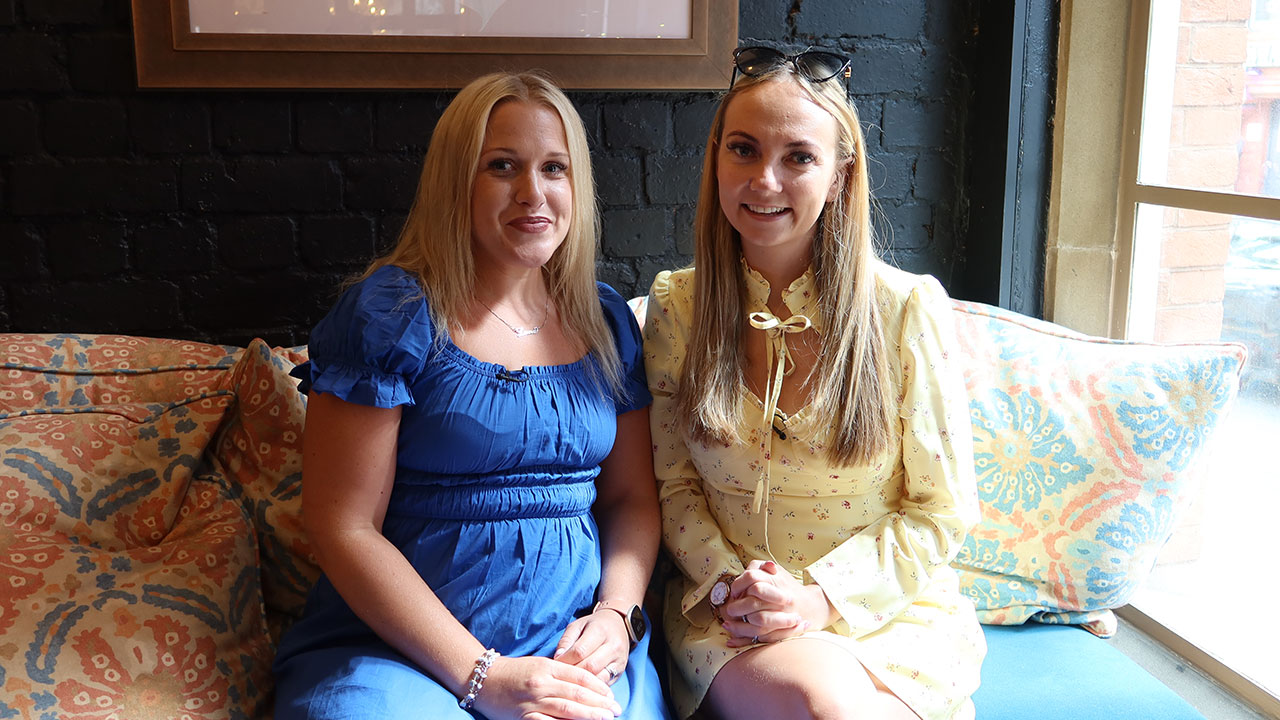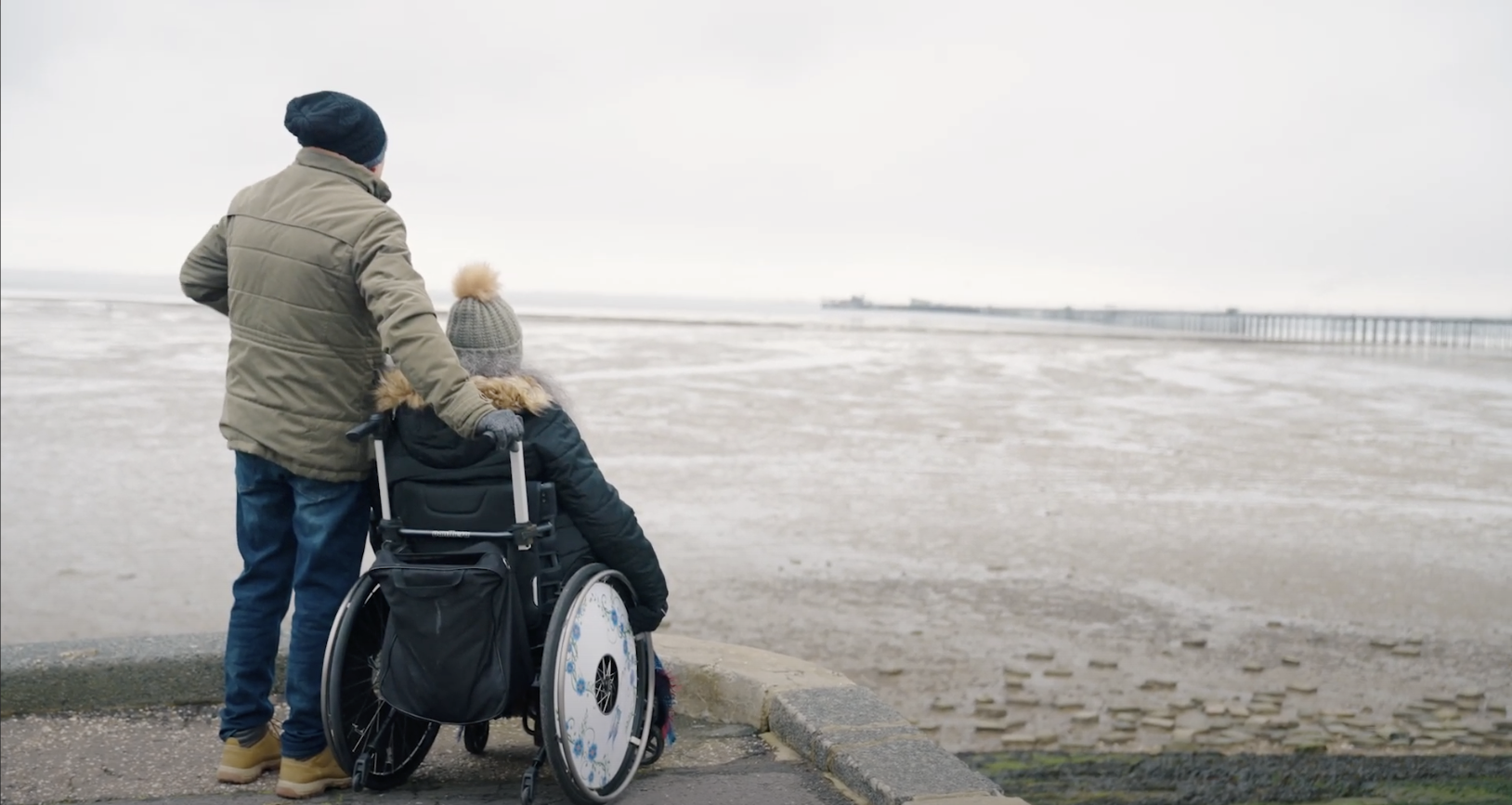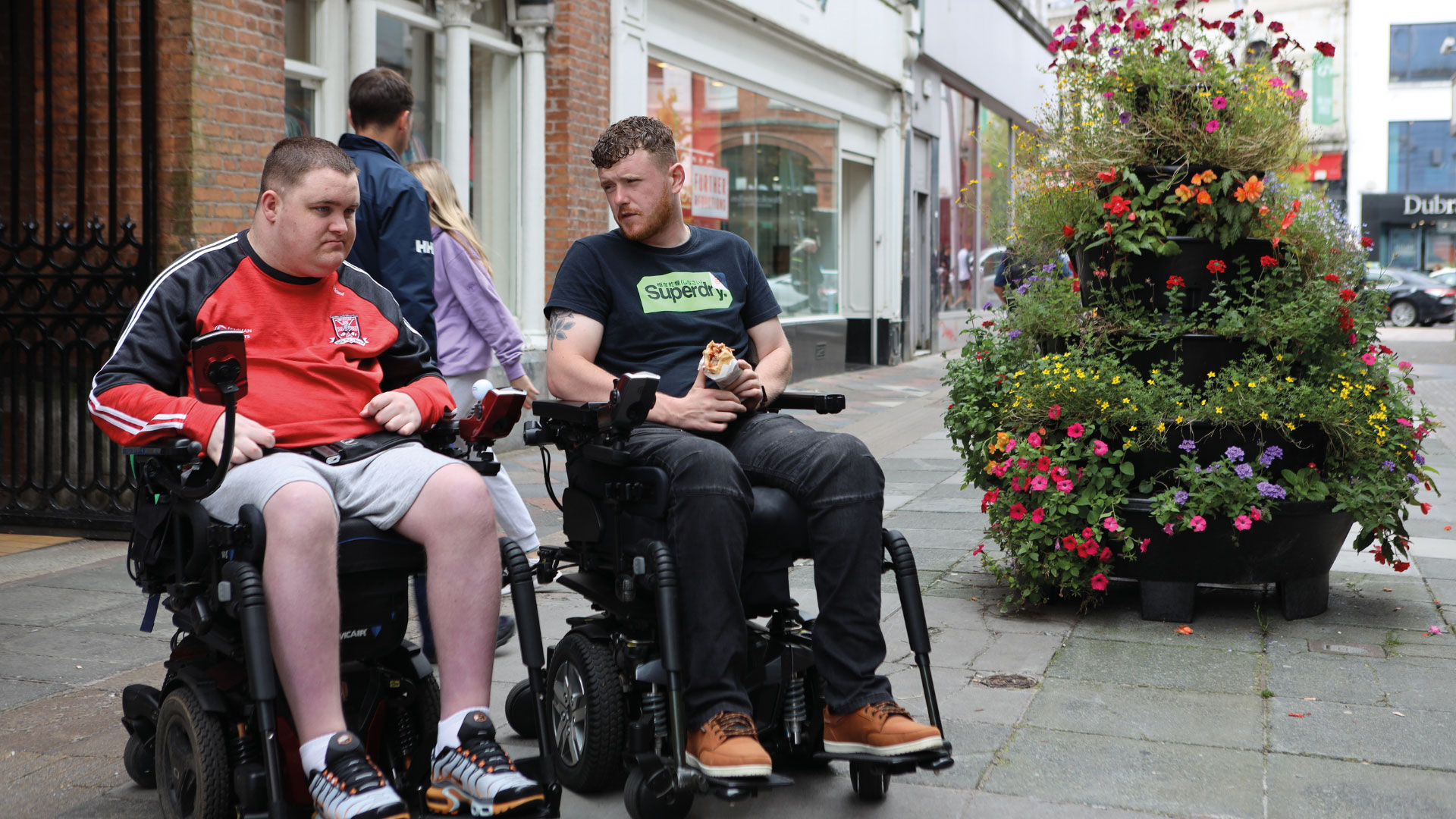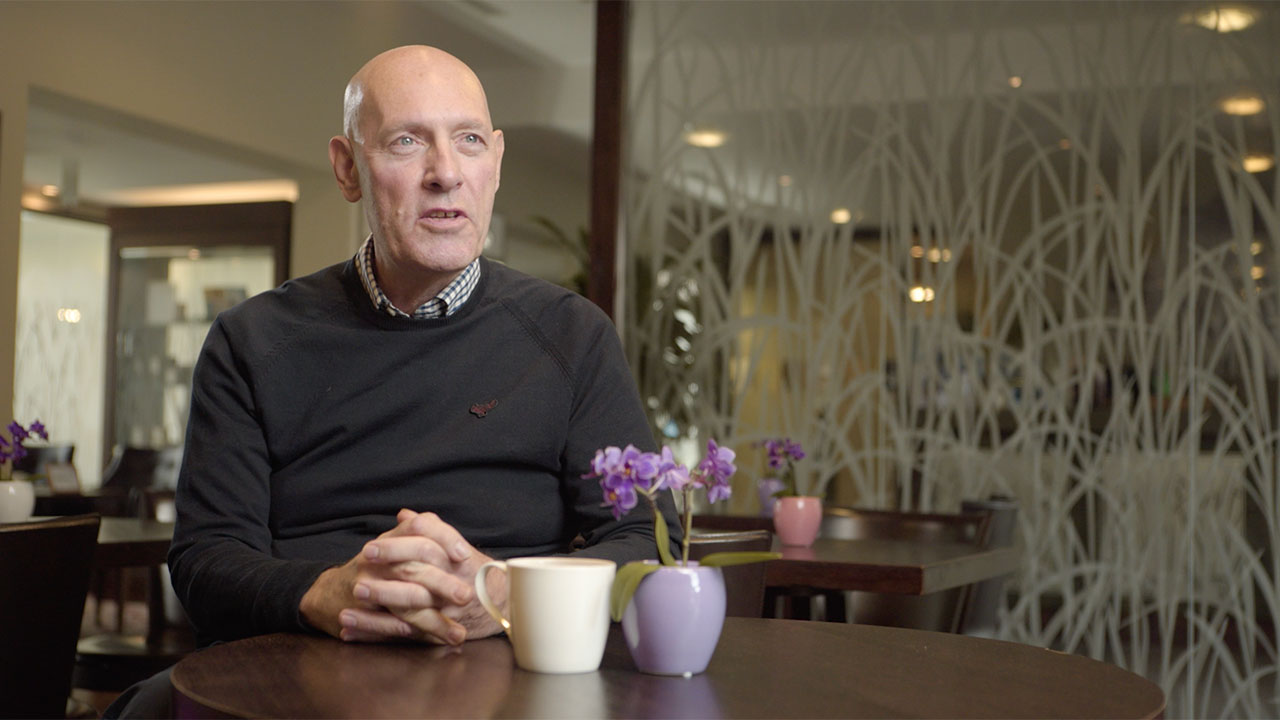Living with a hidden chronic illness, like Ehlers-Danlos syndrome (EDS), which not very many people understand, is extremely difficult.
Finding someone who can understand exactly each thing you are going through feels impossible – not even your closest family can relate. Being able to connect with someone who understands it completely and who you can turn to for support , through the ups and downs, can feel unimaginable. And what makes it worse? One of the symptoms is a common taboo – bowels.
Imagine finding someone who uses the same medical device as you to go to the toilet. It also turns out they have the same chronic illness and symptoms as you and has experienced almost the EXACT same things you have over the years. You then build a supportive relationship with them over time. But because of your conditions and locations you have never been able to meet face to face.
So, the question was how do we get them across the country to the same place to talk about the meaning of the support they give each other?
Late August 2022, we made it happen.
Meet Chloe and Laura – The Qufora Twins
Over the last two years Laura and Chloe have connected on social media over their condition and the use of our product, and now call each other the Qufora Twins.
Both girls have EDS, as a result they experience slow transit constipation and have a pocket which has formed in their bowel called a rectocele. They use the same product from our Qufora IrriSedo bowel irrigation range to manage their bowel symptoms and this is where their story began.
While scrolling through Instagram, Laura had come across a post by Chloe who was raising awareness for EDS and what she goes through to her 11+ thousand followers. Laura couldn’t believe she had found someone with the same condition as her and who used the same medical device to allow her to go to the toilet. A quick message to share this excitement and that is when they hit it off. The ‘Bowel Besties’ couldn’t believe there was someone who is just like them.
Qufora has followed their story and have witnessed the support they give to one another – the good times and the bad of having bowel dysfunction and knew that to make this support network and relationship even stronger that we had to get the two girls together in one room. However, this is easier said than done. Travelling with such a condition is challenging. Every day is different, one moment you can be feeling great and the next crippled on the floor debating whether you need to call for professional help.
Supporting each other
Chloe and Laura were finally able to be in the same room and talk about the support they’ve given to each other over the recent years – they spoke about the weird routines they have, the funny times they’ve gone through and have totally removed the word taboo from their vocabulary.
Having bowel dysfunction is their normal, and asking each other ‘how are you bowels today?’ is just like asking someone ‘how are you today?’ Their positivity and openness on the subject is admirable. Their meeting shows how normal and funny talking about your bowels can be – it’s their take on the taboo.
This was more than just a first meeting. It’s the strengthening of what feels like an already strong bond over something that many people find challenging to live and deal with.
Looking at regime a little differently, with the Qufora Twins
Some people like to have their own routines. And when it comes to rectal irrigation (RI), some like to figure out what suits them too. Like with our friends, the ‘Qufora twins’.
Brigitte Collins, our Global Clinical Education Manager, met with Laura in 2021 and shares her views on regime:
I met Laura, one of the twins, a year ago. She was evaluating the Qufora IrriSedo Flow high volume system. I got to know her quite well and, although she felt using rectal irrigation (RI) was not ideal, she was very complimentary towards the healthcare professional who advised and prescribed RI, which had become an extremely effective treatment and something that Laura considered to be her lifeline in managing her bowel problem. Interestingly, with experience and an established process Laura has found ways of enhancing her routine for maximum bowel results. As it happens, when sharing this information with Chloe (her Qufora twin) her online support and friend, Laura was relieved to know she was not alone in augmenting her RI with a particular routine.
This got me thinking and reminiscing around my clinics and caseload at St Marks Hospital, where I recall many patients finding their own ways of complementing their recommended regimes. I question how does this happen? Perhaps it is instinct that plays a part in patients seeking to make things work for them.
Looking at this from another perspective leads me into the structure and the approach that the decision guide takes. We know that the decision guide is a 5-step approach to assist the healthcare professional when initiating RI. On commencement this is relatively prescriptive. However, this guidance supports the HCP in empowering the patient to find a routine/regime that fits in with each person’s daily activity and lifestyle. Therefore, not only helping to initiate RI but encouraging the patient to become independent in there RI process.
Have you come across patients that have found their own regime?








